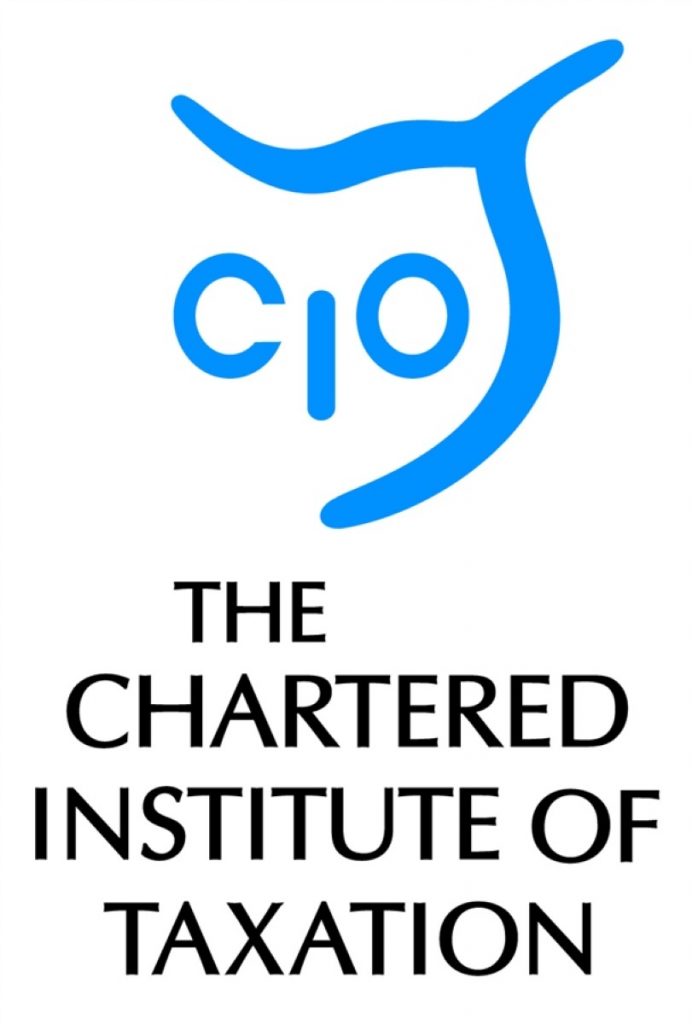CIOT: Budget response: Government confirms reliefs for shared lives carers
The Low Incomes Tax Reform Group (LITRG) has welcomed the Government’s announcement in the Budget that shared lives carers, kinship carers and those looking after children under residence orders and special guardianship orders will benefit from the new income tax reliefs announced by the last Government, but has expressed concern that one group of carers could lose out under the changes.
Robin Williamson, Technical Director of LITRG, explained:
“If a person is both a foster carer and an adult placement carer, the tax free limit on the amounts they receive from the local authority or fostering agency will actually fall.
“This is because, while the Government are now giving adult placement carers – as well as foster carers – a £10,000 basic annual tax free allowance, they are allowing only one such allowance to people who are both foster carers and adult placement carers. When taken together with the reduction of £150 in the weekly amount adult placement carers may receive tax-free for the first adult in their care under the new arrangements, the carer’s resulting cash position will actually be worse than under the old rules.
“We would urge the Government to reconsider this aspect of the new rules so that this group of carers do not lose out.”
Notes to editors
1. The payments that foster carers and adult placement carers receive for caring are taxable as trading income or miscellaneous income, but are exempt from tax up to a certain limit. This reflects the expenses they incur on looking after the children or adults in their care.
The former separate rules on tax relief for foster carers and adult placement carers have now given way to a common set of rules for foster carers and all ‘shared lives’ carers. The new rules are modelled on the former arrangements for foster carers.
Under both old and new regimes, the payments foster carers receive are free of tax up to the following limits:
– A fixed annual amount of £10,000 per household
– A weekly payment of £200 for each child under the age of 11, and £250 for older children.
Under the previous regime, adult placement carers could receive up to £400 a week tax free for the first adult in their care, and £250 a week for each of up to two additional adults. The same arrangements applied to people looking after children under a special guardianship order or a residence order. Under the new arrangements, their weekly tax free amount for the first adult is reduced to £250, but they qualify for the £10,000 annual fixed amount previously only allowed to foster carers.
A person can be both a foster carer and an adult placement carer, and come under both sets of rules simultaneously, if they are looking after children or young people both under and over 18 years of age. If they are in both categories, they are allowed only one £10,000 fixed payment under the new regime.
For the current year, 2010/11, shared lives carers can choose between the former arrangements for adult placement carers and the new relief. From 2011/12, the old relief for adult placement carers will be withdrawn.
Budget note BN27, published by HMRC on Budget day, gives more details.
2. The Low Incomes Tax Reform Group (LITRG) is an initiative of the Chartered Institute of Taxation (CIOT) to give a voice to the unrepresented. Since 1998 LITRG has been working to improve the policy and processes of the tax, tax credits and associated welfare systems for the benefit of those on low incomes.
3. The CIOT is a charity and the leading professional body in the United Kingdom concerned solely with taxation. The CIOT’s primary purpose is to promote education and study of the administration and practice of taxation. One of the key aims is to achieve a better, more efficient, tax system for all affected by it – taxpayers, advisers and the authorities.
– ENDS –
George Crozier
External Relations Manager
D: +44 (0)20 7340 0569
M: +44 (0)7740 477374
The Chartered Institute of Taxation
Registered charity number 1037771
www.tax.org.uk





-01.png)